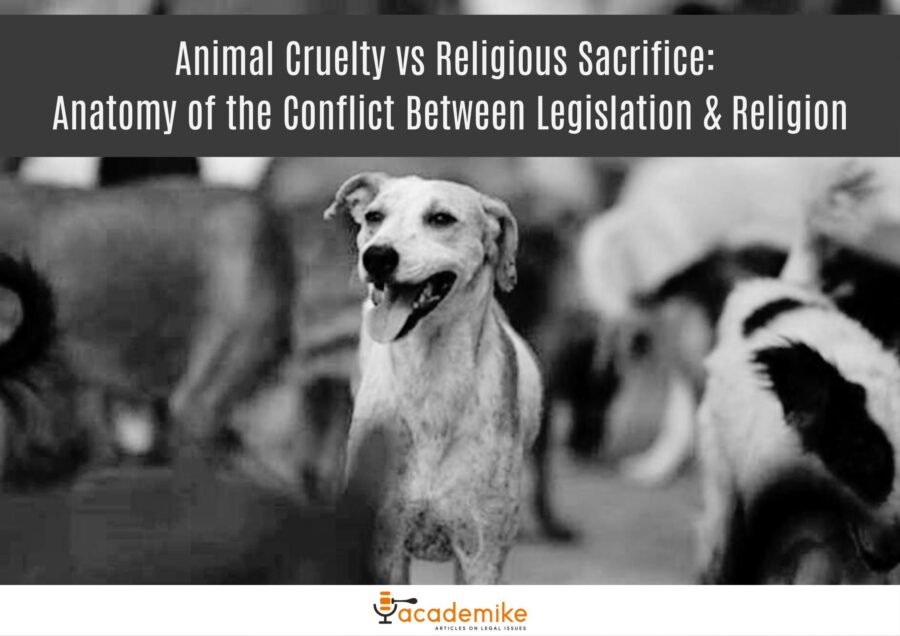In the intricate tapestry of human morality, the question of animal cruelty looms large. Is it merely an ethical transgression or does it transcend into the realm of sin? Across various religions and moral philosophies, interpretations diverge, revealing profound nuances in the understanding of cruelty toward animals.
To fathom the depths of this discussion, we must first examine the frameworks of morality within different religious contexts. Many belief systems espouse compassion and tenderness as virtues to be upheld. For instance, in Christianity, the stewardship of Earth and its creatures is emphasized. Genesis articulates that humans are created in the image of God, tasked with the responsibility to care for all living beings. This divine mandate suggests that causing harm to animals not only contravenes moral obligations but could be perceived as an affront to the Creator.
Conversely, in certain interpretations of Hinduism, the principle of Ahimsa, or non-violence, acts as a cornerstone of ethical living. This doctrine extends beyond human interactions, enveloping all sentient beings. Engaging in acts of cruelty toward animals is seen not just as immoral but as spiritually detrimental. Lapses in adherence can lead to karmic repercussions, emphasizing the importance of kindness towards every being, which cultivates a cycle of positive karma and spiritual elevation.
In Buddhism, the understanding of animal cruelty further enriches the discourse on morality. The first precept, to refrain from taking life, underscores the sanctity of all living beings. This religious perspective drives compassion as a critical element in achieving enlightenment. Causes of suffering, including acts of cruelty, are viewed through the prism of interdependence, where all actions bear consequences. Thus, cruelty towards animals is not just a moral lapse; it is a leaden burden on one’s spiritual journey.
Switching to secular morality, contemporary ethical philosophies offer a cornucopia of insights. Utilitarianism, for instance, evaluates actions based on their consequences, advocating for the greatest happiness for the greatest number. When viewed through this lens, animal cruelty raises unsettling inquiries: Does the suffering of sentient beings warrant consideration? Can inflicting pain for trivial pleasures, such as entertainment or culinary delight, coalesce with the foundations of utilitarian ethics? The dissonance between cruel acts and the pursuit of happiness elucidates a moral imperative to reconsider our treatment of animals.
Conversely, the deontological perspective, championed by philosophers such as Kant, posits that certain actions are inherently right or wrong, irrespective of their outcomes. Following this worldview, animal cruelty may indeed be labeled as a moral sin. Kantian ethics advocates treating all beings as ends in themselves rather than means to an end. This notion could activate a tectonic shift in our ethical landscape, challenging society to reflect upon value systems that deem animal suffering as permissible.
The juxtaposition of these diverse views furthers an inquiry into how humanity perceives the boundaries of moral consideration. Historically, animals have been ensconced in a paradigm of lesser beings, leading to normalized cruelty and exploitation. This traditional anthropocentric view provokes an urgent challenge to reevaluate ethics, potentially guiding us toward a more inclusive understanding of morality that encompasses all sentient beings.
Religions frequently intersect with cultural perceptions of animals, further complicating these ethical landscapes. In cultures where animal sacrifice is ceremoniously practiced, a clash arises between religious tradition and the emerging ethics of compassion. The sacramental nature of such acts can create a dissonance that breeds introspection and dialogue. Are rituals steeped in tradition truly immutable, or can they evolve to align with contemporary moral sensibilities that advocate for the non-violence of all creation?
Yet, the discourse does not end with broad ethical frameworks. It also beckons a personal introspection regarding one’s place in the continuum of life. Can one claim to embody compassion while simultaneously endorsing practices that inflict suffering? This conundrum catalyzes self-reflection and motivates individuals to develop a personal ethos aligned with principles of kindness, such as choosing a plant-based diet or advocating for animal rights.
The growing movement towards understanding animal sentience continues to unveil varying degrees of consciousness among non-human beings, enriching the ethical discussions surrounding animal welfare. Scientific studies reveal cognitive abilities, emotions, and social complexities within diverse animal species, compelling a reassessment of their moral status. As public perception evolves, so too must the ethical frameworks that guide our interactions with them—challenging long-held beliefs entrenched in cultural and religious dogma.
In conclusion, addressing whether animal cruelty constitutes a mortal sin is not merely about identifying a singular answer but rather embracing the complexity of various ethical and religious views. Humanity stands at a crossroads, poised to scrutinize its treatments of other beings through the prisms of empathy, compassion, and responsibility. The challenge lies in fostering a cultural shift that prioritizes kindness, transcending traditional hierarchies that once relegated animals to mere commodities. Ultimately, a future free of cruelty may not just be a lofty ideal, but a moral imperative beckoned by an awakening ethical consciousness.








